Do’s and Don’ts for American Tourists: What to Avoid Eating or Drinking in India
India has diverse cultures, rich history, and varied cuisines that can delight global tourists. While the country’s culinary offerings are vast and tempting, there are some foods and drinks that American tourists might want to avoid to ensure a healthy and enjoyable trip. This article highlights 14 such items.
Tap Water

Tap water in India is unsafe for consumption due to high bacteria and contaminants. American tourists should always drink bottled, boiled, and filtered water to stay safe from illnesses like typhoid, cholera, and other water-borne diseases.
Spicy Food
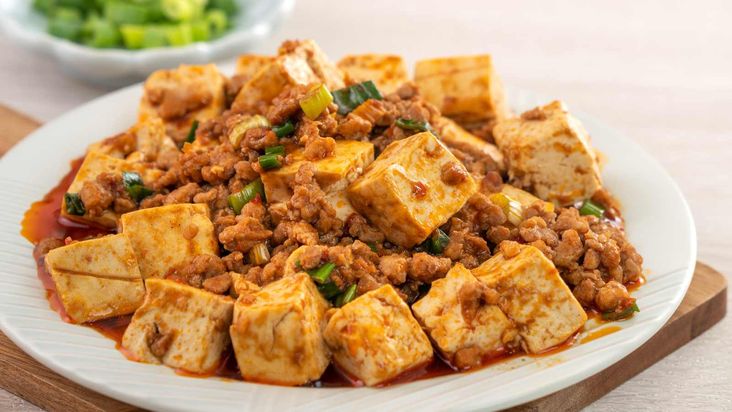
Indian cuisine is known for its various spices and flavors, which can be overwhelming for those with a delicate palate. American tourists should take caution while trying out street food or dishes labeled “spicy” as they might not be accustomed to the heat.
Fruits

Fruits are a great source of nutrition, but tourists from the United States should be cautious while eating them in India. It is advisable to wash and peel fruits before consumption, especially during monsoon season when they are more prone to contamination.
Meat

Meat dishes in India are known for their delicious flavors and variety. However, it is essential to be cautious when making choices. To prevent food poisoning, opt for well-cooked meats. This way, you can have a safe, enjoyable, and memorable experience in India.
Ice

Ice is commonly produced using tap water, which may be unfiltered and, therefore, unsuitable for consumption. Avoid adding ice to your beverages, and instead, choose bottled drinks to minimize the risk of stomach discomfort and water-borne illnesses.
Milk

Milk is a crucial ingredient in many Indian dishes, but consuming unpasteurized milk can cause food poisoning as it can be contaminated with harmful bacteria. Stick to packaged or boiled milk when indulging in popular Indian sweets and desserts.
Vegetables
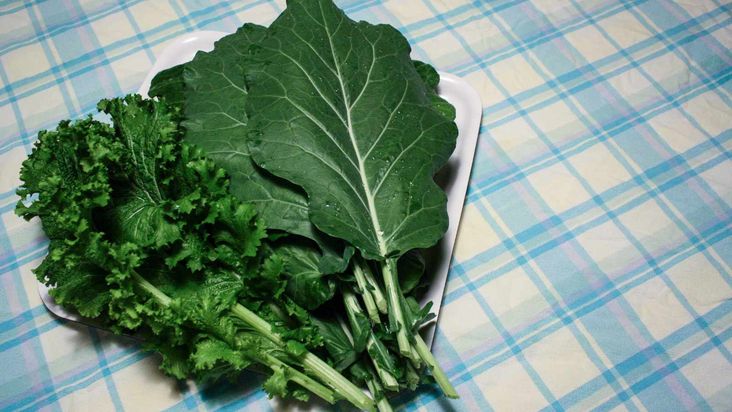
Vegetables are another vital component of Indian cuisine, but they can carry harmful bacteria if not washed and appropriately cooked. Tourists should stick to well-cooked vegetable dishes and avoid consuming raw or undercooked vegetables.
Street Food
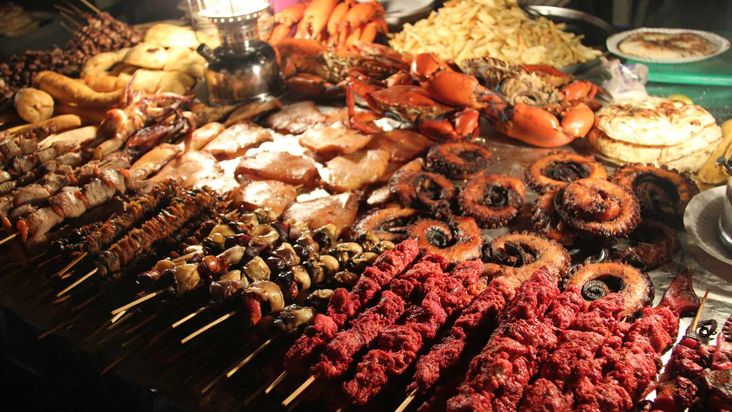
Street food in India is a major attraction for tourists. However, the hygiene standards may not be up to par, making it a risky option for people with sensitive stomachs. Sticking to reputable food vendors and observing their cooking practices before deciding to eat is best.
Unpasteurized Cheese
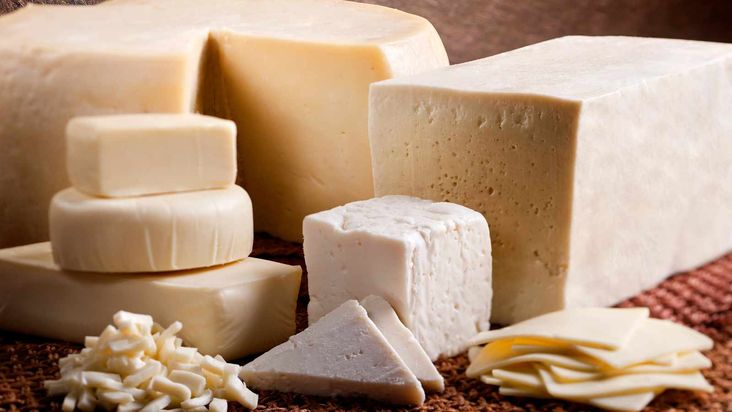
India has various delicious cheeses, but tourists should be wary of unpasteurized varieties. These unpasteurized cheeses may contain harmful bacteria like listeria that can cause food poisoning. Stick to packaged or pasteurized cheese options to stay safe.
Seafood
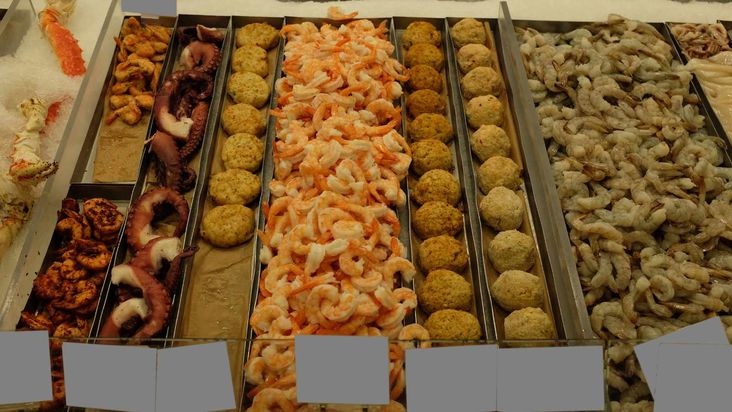
India’s coastal regions present a plethora of compelling seafood options. However, being careful when indulging in these delectable delights is paramount. To ensure a safe and enjoyable experience, opt for freshly cooked seafood from well-established and reputable establishments, meticulously prepared to avoid any potential foodborne illnesses.
Lassi
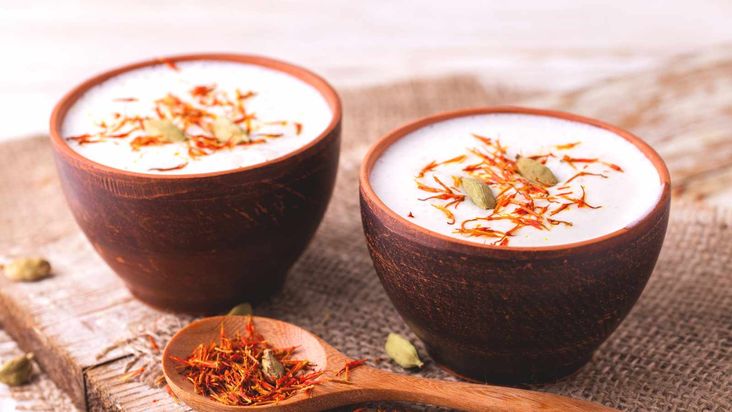
Lassi is a traditional Indian beverage made from curd or yogurt, water, and spices. While it’s a refreshing drink, especially in the Indian heat, the curd used in lassi can be made from unpasteurized milk, which can harbor harmful bacteria and cause food poisoning. Also, water might not be filtered, increasing the risk of water-borne diseases.
Chai
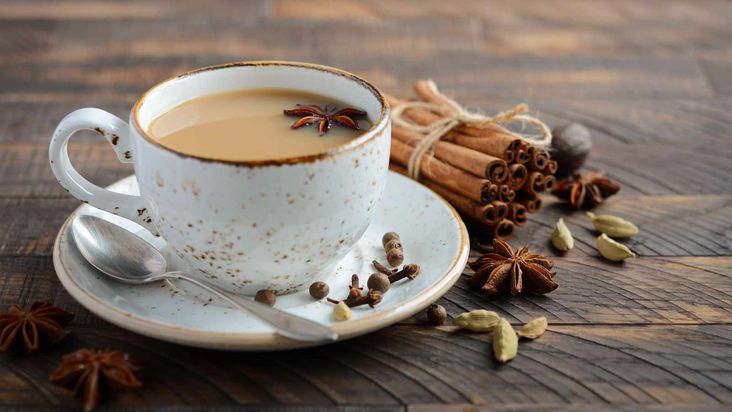
Chai is an integral part of the Indian lifestyle, a delightful blend of tea, milk, and spices. However, the water and milk used in brewing chai often come from local sources that may not adhere to the sanitation standards tourists are familiar with, potentially leading to stomach upset or more severe health issues.
Chutneys and Sauces
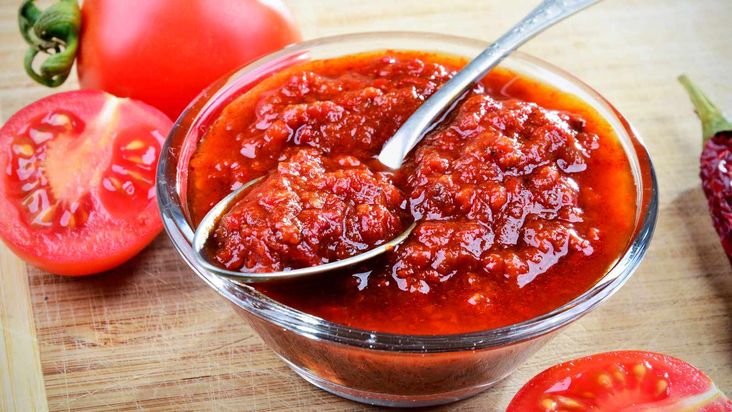
Indian cuisine is known for its tangy chutneys and sauces that add flavor to any dish. However, these accompaniments are often made with raw ingredients that may not be washed or cooked properly, increasing the risk of food poisoning. It is safer to stick to packaged sauces and chutneys.
Fried Food

Fried food is a staple in Indian cuisine but can also pose a risk for tourists. These dishes are typically cooked in reused oil, which may contain harmful bacteria. Choose freshly prepared fried dishes and avoid eating from street vendors to reduce the risk of foodborne illnesses.